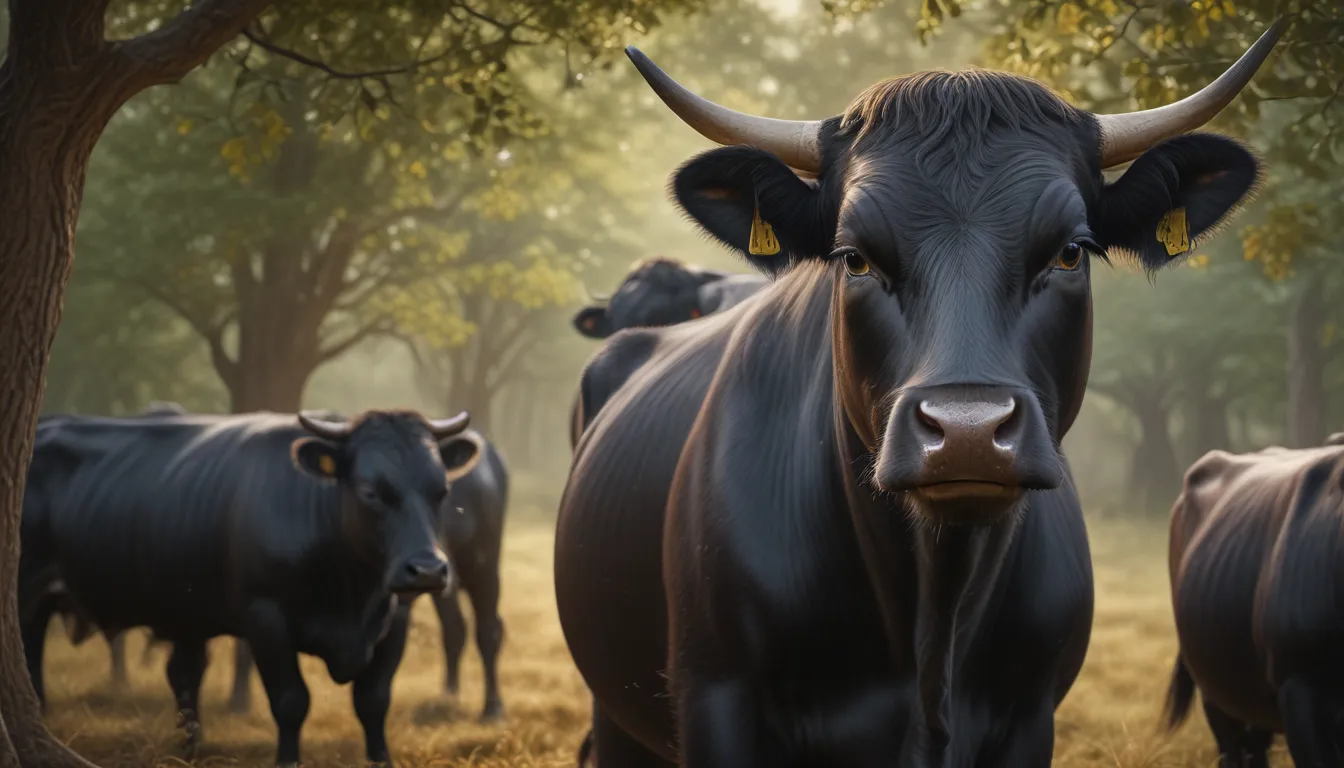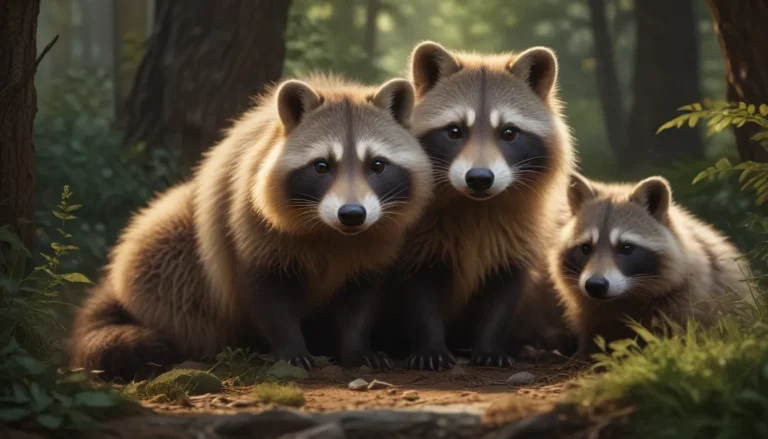The pictures we use in our articles might not show exactly what the words say. We choose these pictures to make you interested in reading more. The pictures work together with the words but don’t take their place. The words still tell you the important facts.
Welcome to the captivating world of Angus cattle, where history, unique characteristics, and agricultural significance come together to create a remarkable breed that has captured the hearts of farmers and beef enthusiasts worldwide. Known for their exceptional meat quality, adaptability to various climates, and gentle temperament, Angus cattle stand out as a breed with a rich history and valuable contributions to the agricultural industry. Join us as we delve into 10 fun facts about Angus cattle that will not only educate but inspire your curiosity about these magnificent creatures.
Origin and History: From Scotland to Global Prominence
Angus cattle, also known as Aberdeen Angus, trace their origins back to Scotland, where they were first recognized as a distinct breed in the early 19th century in the counties of Angus and Aberdeenshire. This breed's journey from its homeland to global prominence is a testament to its exceptional characteristics and qualities that have made it a favorite among farmers and ranchers around the world.
Unique Physical Features: Naturally Polled and Well-Adapted
One of the most intriguing facts about Angus cattle is their natural polled trait, which means they do not have horns. This characteristic makes them more docile and easier to handle, setting them apart from horned cattle breeds. Additionally, Angus cattle are well-adapted to various climates, thanks to their thick, double-layered coat that provides insulation during harsh winters and helps regulate body temperature in hot summer conditions.
Exceptional Meat Quality: The Flavorful Legacy of Angus Beef
Angus beef is renowned for its exceptional meat quality, characterized by well-marbled, tender, and flavorful cuts that are a favorite among meat lovers and chefs alike. The delectable taste and texture of Angus beef have solidified its reputation as a premium choice for beef connoisseurs, showcasing the breed's superiority in meat production.
Efficient Feed Conversion: Maximizing Resources and Minimizing Waste
Angus cattle have a high feed conversion rate, meaning they can efficiently convert feed into body mass, making them a cost-effective and environmentally friendly choice for farmers. This efficiency not only benefits farmers in terms of resource management but also contributes to the overall sustainability of beef production.
Gentle and Docile Temperament: A Pleasure to Handle
Known for their gentle and docile temperament, Angus cattle are a joy to work with, whether you are an experienced farmer or a beginner in the field of cattle ranching. Their calm disposition and ease of handling make them a preferred choice for those looking for low-stress animals to raise and care for.
Longevity and Fertility: A Testament to Health and Vitality
Angus cattle have a relatively long lifespan, with proper care and management allowing them to live up to 20 years or longer. This longevity is complemented by their high fertility rates, ensuring a steady supply of calves for farmers and ranchers who rely on the breed for breeding and meat production.
Black Angus vs. Red Angus: Exploring Color Variations
While black Angus is the most common color variation, there are also red Angus cattle that exhibit a rich reddish-brown coat. Both black and red Angus share similar traits and qualities, with the color variation providing a visually striking aspect to the breed's diversity and appeal.
Widely Recognized and Valued Breed: A Global Favorite
Angus cattle are among the most widely recognized and popular beef cattle breeds globally, prized for their meat quality, adaptability, and ease of management. Their widespread acclaim and appreciation from farmers and consumers underscore their significant role in the agricultural industry.
FAQs: Answering Your Burning Questions About Angus Cattle
- How did Angus cattle get their name? Angus cattle are named after the region in Scotland where they were originally bred, reflecting their historical roots and heritage.
- Are Angus cattle only black in color? While black is predominant, red Angus cattle also exist and share similar characteristics with their black counterparts.
- Are Angus cattle easy to handle? Yes, Angus cattle are known for their docile temperament and calm disposition, making them relatively easy to handle for farmers and ranchers.
- How long do Angus cattle live? On average, Angus cattle have a lifespan of 10 to 15 years, but with proper care, they can live up to 20 years or more.
- Do Angus cattle require a specific diet? Like all cattle, Angus cattle need a well-balanced diet that includes grass, hay, and forage to thrive and maintain health.
- Can Angus cattle withstand different climates? Yes, Angus cattle are highly adaptable and can thrive in various climates, thanks to their natural resilience and protective coat.
- How much meat can a single Angus cow yield? An adult Angus cow can yield around 600 to 800 pounds of high-quality beef, showcasing the breed's productivity in meat production.
- Are Angus cattle prone to health issues? While generally hardy, Angus cattle can experience health issues if not properly cared for, emphasizing the importance of good husbandry practices.
- Are Angus cattle used for purposes other than meat production? Some Angus cattle are kept for breeding purposes, leveraging their desirable traits to improve the genetics of other cattle breeds.
- Can Angus cattle be raised on small farms? Yes, Angus cattle are adaptable and can thrive on small farms with proper management and care, offering a viable option for sustainable livestock raising.
Embark on a journey of discovery into the enchanting world of Red Angus cattle, where unique traits and characteristics await your exploration. Dive deeper into the realm of this captivating breed and uncover the fascinating details that set Red Angus apart from their black-coated relatives, offering a new perspective on their valuable contribution to modern agriculture.
Trust in Quality, Reliability, and Authenticity
Our commitment to delivering accurate and engaging content is unwavering, as each fact shared on our platform is a product of real user contributions that bring diverse insights to light. Guided by meticulous editing and a dedication to authenticity, we ensure that every piece of information we provide is not only fascinating but also trustworthy. Join us on this journey of learning and discovery as we navigate the captivating world of Angus cattle and beyond, offering a treasure trove of knowledge for your exploration and enjoyment.






